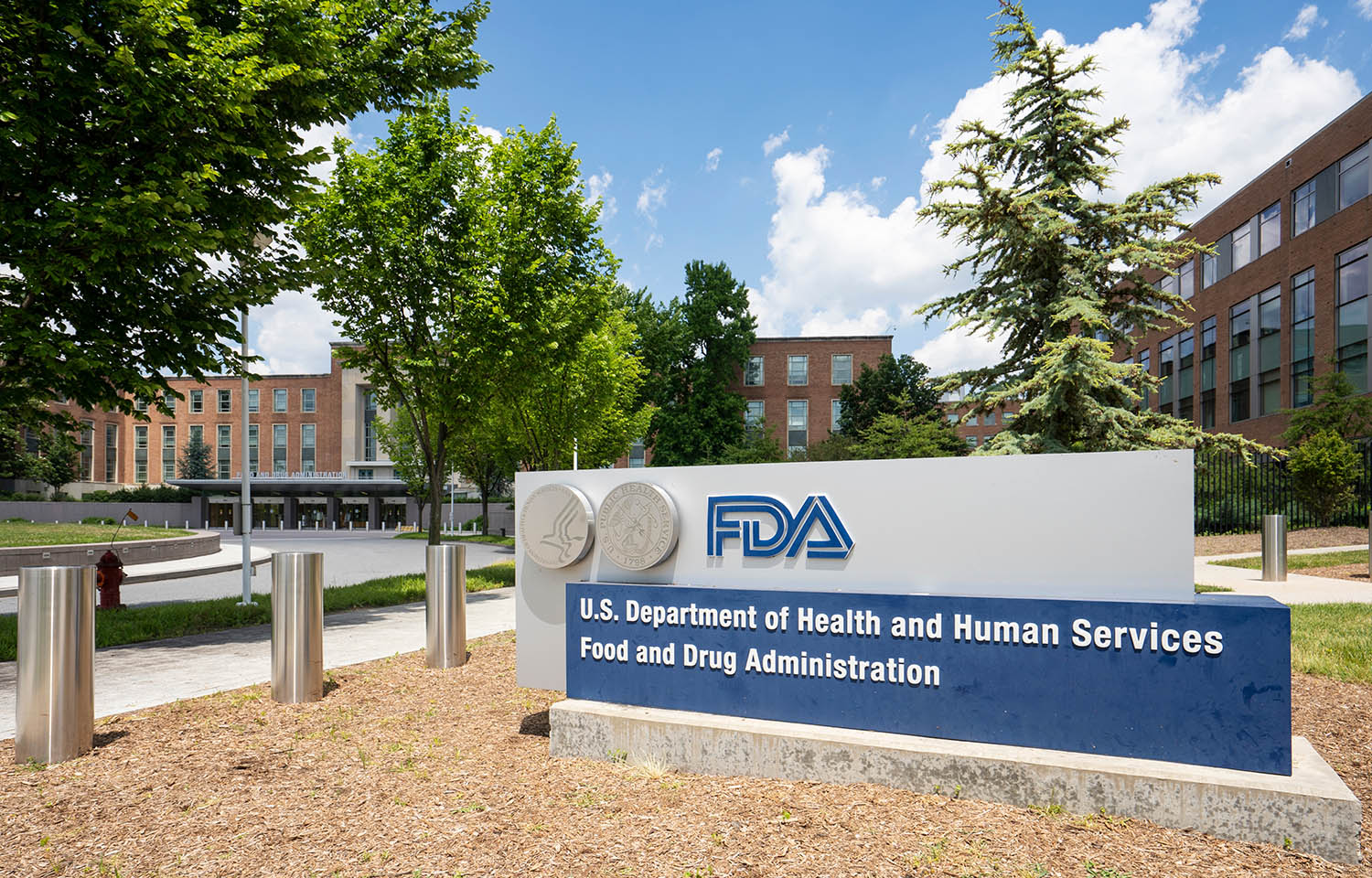A coalition of U.S. food safety advocates has come out in opposition to the Food Traceability Enhancement Act, a bill that would further delay implementation of the Food Safety Modernization Act’s (FSMA) new food traceability rules.
The Food Industry Association has thrown its weight behind the bill, saying the traceability requirements in the new rules are too complex and burdensome to implement by the 20 January 2026 deadline. However, the Safe Food Coalition claims that the industry has had ample time to prepare for the new traceability rules.
“This attack on traceability could more correctly be called the Food Traceability Evisceration Act because it will gut the very traceability system Congress originally ordered FDA to create,” Center for Science in the Public Interest Director of Regulatory Affairs Sarah Sorscher said. “Responsible members of the food industry are already working with FDA to comply with traceability requirements. Congress should not make that effort go to waste by turning the clock back on this very sensible and necessary policy.”
Passed by Congress in 2010, FSMA overhauled America’s food safety laws. One of the biggest changes was Rule 204, which will create traceability lot codes (TLCs) that will be assigned to seafood products at harvest. Nearly all companies in a supply chain, including cold storage providers, restaurants, and retailers, will need to be able to show TLCs for the seafood they possess.
At the 2024 Seafood Expo Global in Barcelona, Spain, a panel of import experts warned that seafood companies are not prepared for Rule 204 to go into effect.
Now, some lawmakers are looking to limit and further delay implementation of those traceability requirements.
Through the Food Traceability Enhancement Act, restaurants, retail food establishments, and warehouses would be exempt from TLC requirements. It would also delay Rule 204 implementation until two years after the completion of several pilot projects.
“While we support the Food Safety Modernization Act, passed by Congress in 2011 with FMI’s support, the Food Traceability Rule implementing Section 204 of the law is overly complex and must be fixed, as implementation of the requirements set forth by FDA go well beyond that which Congress directed and are so burdensome as to not be achievable given currently available technology and other resources,” FMI President and CEO Leslie G. Sarasin said in March. “Achieving a workable system across the entire supply chain to collect and maintain all data required under the rule by the January 2026 compliance date is simply not feasible. Action from Congress is needed to ensure FDA first conducts pilot projects with industry to determine how best to improve the rule, such that industry compliance is achievable to allow continued assurance that food safety and prevention of foodborne illness can remain our top priority."
The Safe Food Coalition has pushed back against the legislation, arguing that industry has had more than a decade to prepare for the regulation and pointing out the FDA has already conducted pilot programs in conjunction with industry.
“Congress ordered FDA to create a system of commonsense traceability requirements for food retailers and their suppliers almost 14 years ago. Legislators should not now throw a wrench in the works now that FDA is finally ready to implement that system,” Consumer Federation of America Director of Food Policy Thomas Gremillion said. “When regulators cannot determine the source of a foodborne illness outbreak, more consumers get sick and more products get recalled, causing prices to increase. FDA should stick to its timeline, and Congress should let the agency do its job.”
Now, the Safe Food Coalition claims the pilot program requirements from the Food Traceability Enhancement Act have found their way into the House Appropriations Committee’s draft of annual funding for the U.S. Department of Agriculture and FDA, which was released this month.
“H.R. 7563 and section 768 of the House Appropriations bill would delay long overdue implementation of the Food Traceability Final Rule and undermine the integrity of the 2010 Food Safety Modernization Act,” Government Accountability Project Food Integrity Campaign Director Andrea Meza said. “Doing so would jeopardize public health and safety by impeding transparency and accountability in our food supply chain, once more underscoring the outsized enforcement role of whistleblowers.”








